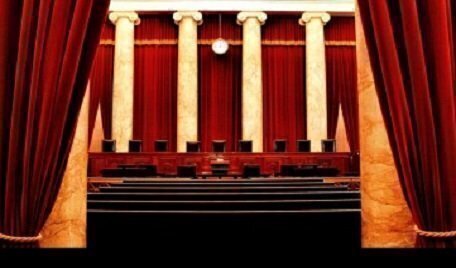Constitution Daily Blog
Article III, Section 1
Brown v. Board: When the Supreme Court ruled against segregation
The decision of Brown v. Board of Education of Topeka on May 17, 1954 is perhaps the most famous of all Supreme Court cases, as it…
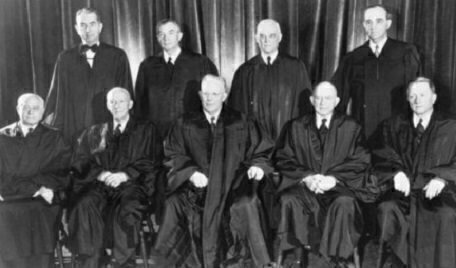
The day the Supreme Court killed Hollywood’s studio system
Today marks the anniversary of an important Supreme Court case that helped to end the Hollywood studio system and fuel a young…
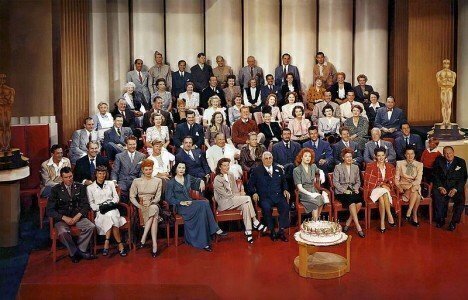
On this day, women first allowed to argue Supreme Court cases
On February 15, 1879, President Rutherford B. Hayes signed a new law that would admit women as members of the Supreme Court bar…
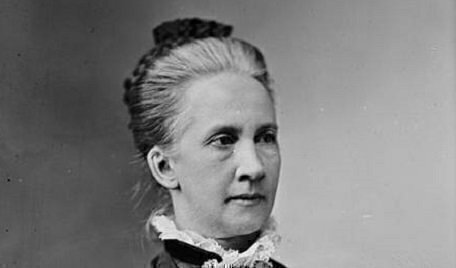
Who were the first six Supreme Court justices?
It was on this day in 1790 that the United States Supreme Court opened for business. The court back then bared little resemblance…
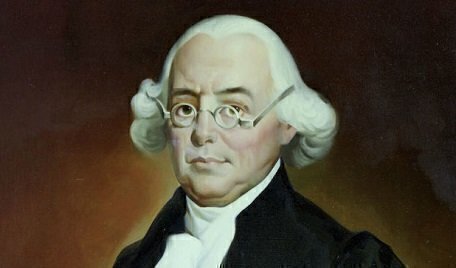
Remembering the Supreme Court’s first dissenter
On December 27, 1771, future Supreme Court Justice William Johnson, Jr., was born in South Carolina. Johnson has attracted a…
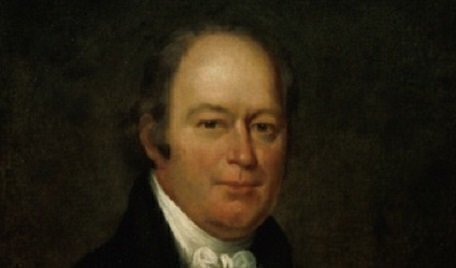
Rosa Parks’ journey as a civil rights icon
On the occasion of Rosa Park’s birthday, Constitution Daily looks at her journey from a childhood in the segregated south to her…
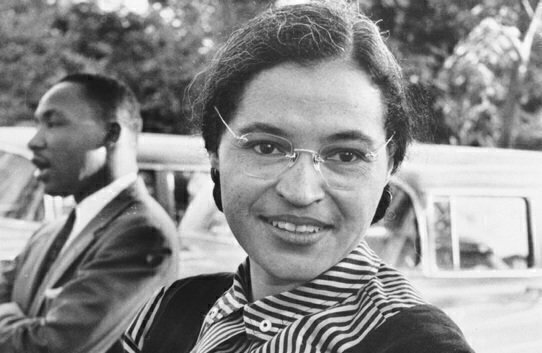
Thurgood Marshall: A retrospective
On January 24, 1993, retired Supreme Court Justice Thurgood Marshall died at the age of 84. Marshall was one of the best-known…
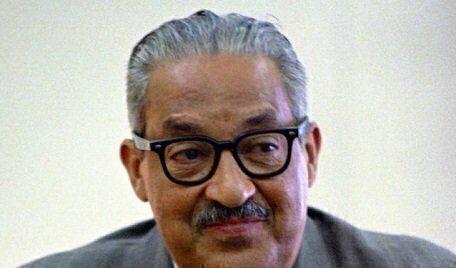
Supreme Court confirms Excessive Fines Clause applies to states
In a unanimous ruling on Tuesday, the Supreme Court overturned an Indiana Supreme Court decision that said that part of federal…
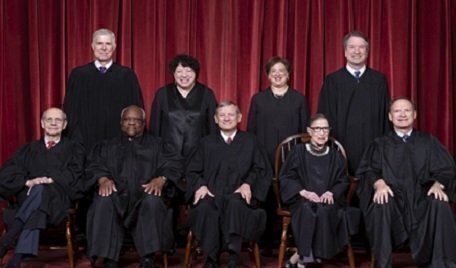
Justice Thomas, originalism and the First Amendment
In nearly 28 years on the Supreme Court, Justice Clarence Thomas has been its most unwavering “originalist.” That means that…
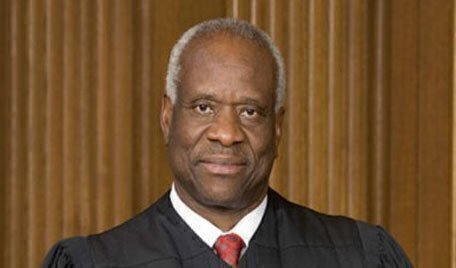
Why does the Supreme Court have nine Justices?
Next Monday night, President Donald Trump will announce his nominee to replace Anthony Kennedy as the Supreme Court’s ninth…
